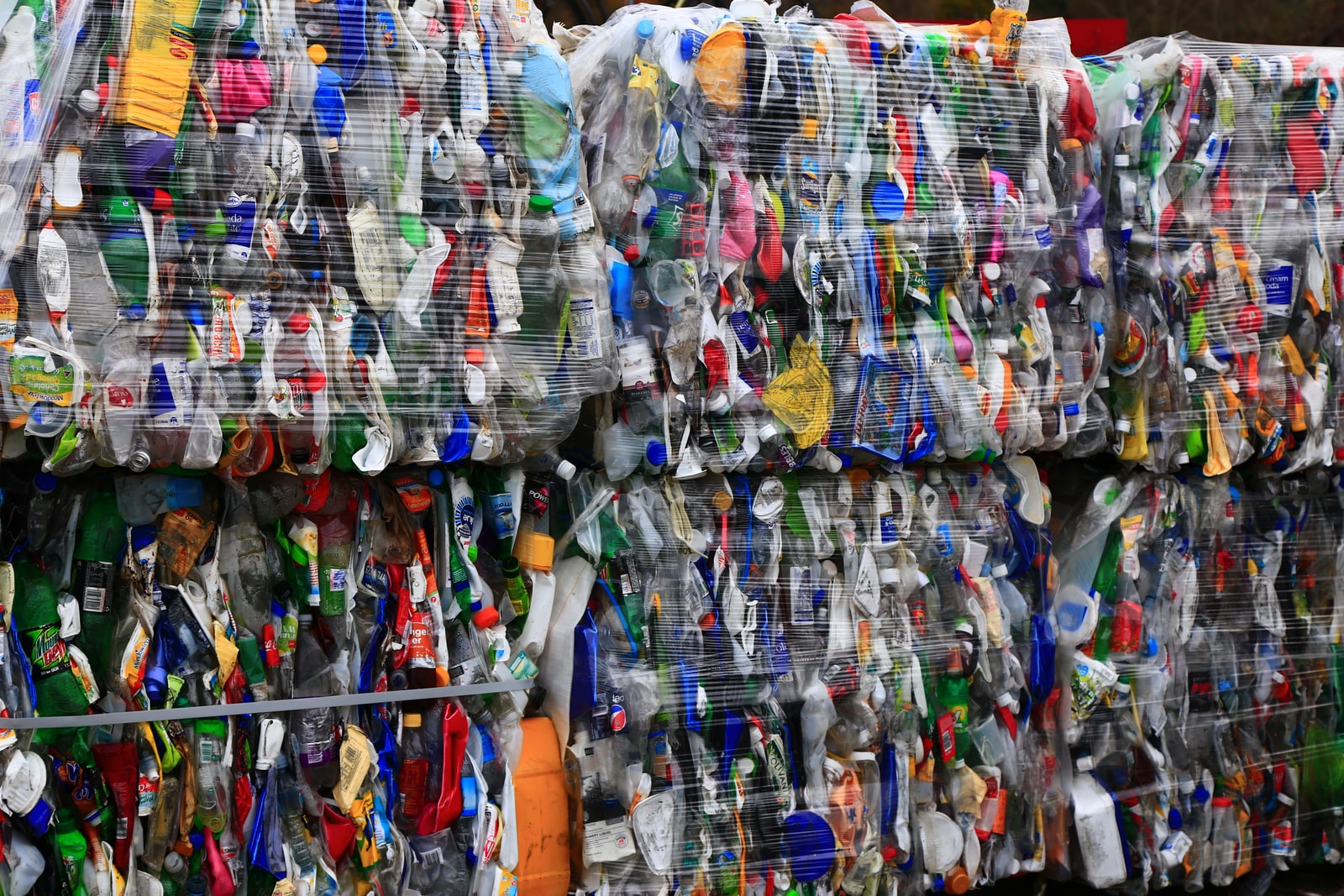Recycling
Businesses (and residences) are required by law to recycle many items, such as glass and metal food containers, waste oil from internal combustion engines, scrap metal, and more.
According to Article V of Chapter 46 of Westport’s Code of Ordinance, all businesses (non-residential) are required to recycle:
- Cardboard
- Glass food and beverage containers
- Leaves
- Metal food and beverage containers
- Newspaper
- Office paper
- Scrap metal
- Storage batteries
- Waste oil
- PET (polyethylene terephthalate) plastic containers which are marked on the bottom of the container with the number “1” encircled by the recycling symbol
- HDPE (high-density polyethylene) plastic containers which are marked on the bottom of the container with the number “2” encircled by the recycling symbol
- Such other items as may be designated by SWEROC (Southwest Connecticut Regional Recycling Operating Committee)
If a business fails to comply with these regulations, the Town of Westport, acting by Administrator of the recycling program, may impose a penalty not to exceed $500 for each violation.
If you don’t already have a recycling program at your business, now is the time to implement one. It’s easier than you think. The Connecticut Department of Energy and Environmental Protection (DEEP) is a great resource to help you conduct an audit of your current waste stream and set up a system for recycling collection and removal. CT DEEP is also partnering with the Center for Ecotechnology (CET) to offer free waste analysis and solutions through waste reduction, reuse, and recycling assistance. Businesses interested in these services should reach out via ReduceWasteCT@cetonline.org or contact one of CET’s recycling experts at 888-410-3827.
Learn more about recycling in Westport including which items can and cannot be brought to the Westport Transfer Station.
STAY INFORMED
According to the Environmental Protection Agency, Connecticut small businesses generate about 15,000 tons of high-grade white office paper and 72,000 tons of corrugated cardboard each year.
Deconstruction
If you are a contractor, you’re in the unique situation of being able to recycle certain building materials through a practice known as deconstruction – the salvaging of appliances, furniture, cabinets, and building materials to give them new life. Deconstructing instead of demolishing could reduce the 600 million tons of construction and demolition materials that are thrown away every year.
Deconstructing does more than help the environment. It also helps your bottom line. Taking a building apart piece by piece and salvaging as much as possible avoids or reduces disposal costs and may qualify you for tax deductions. You could deconstruct only high-value easy-to-extract materials or undertake a full “unbuilding” deconstruction.
This informative presentation created by the Center for EcoTechnology, describes deconstruction and its benefits, including financial benefits. Click here for a helpful brochure on deconstruction and click here for more information on donating materials to CET.
Visit CT DEEP for a list of reuse centers and material exchanges.
